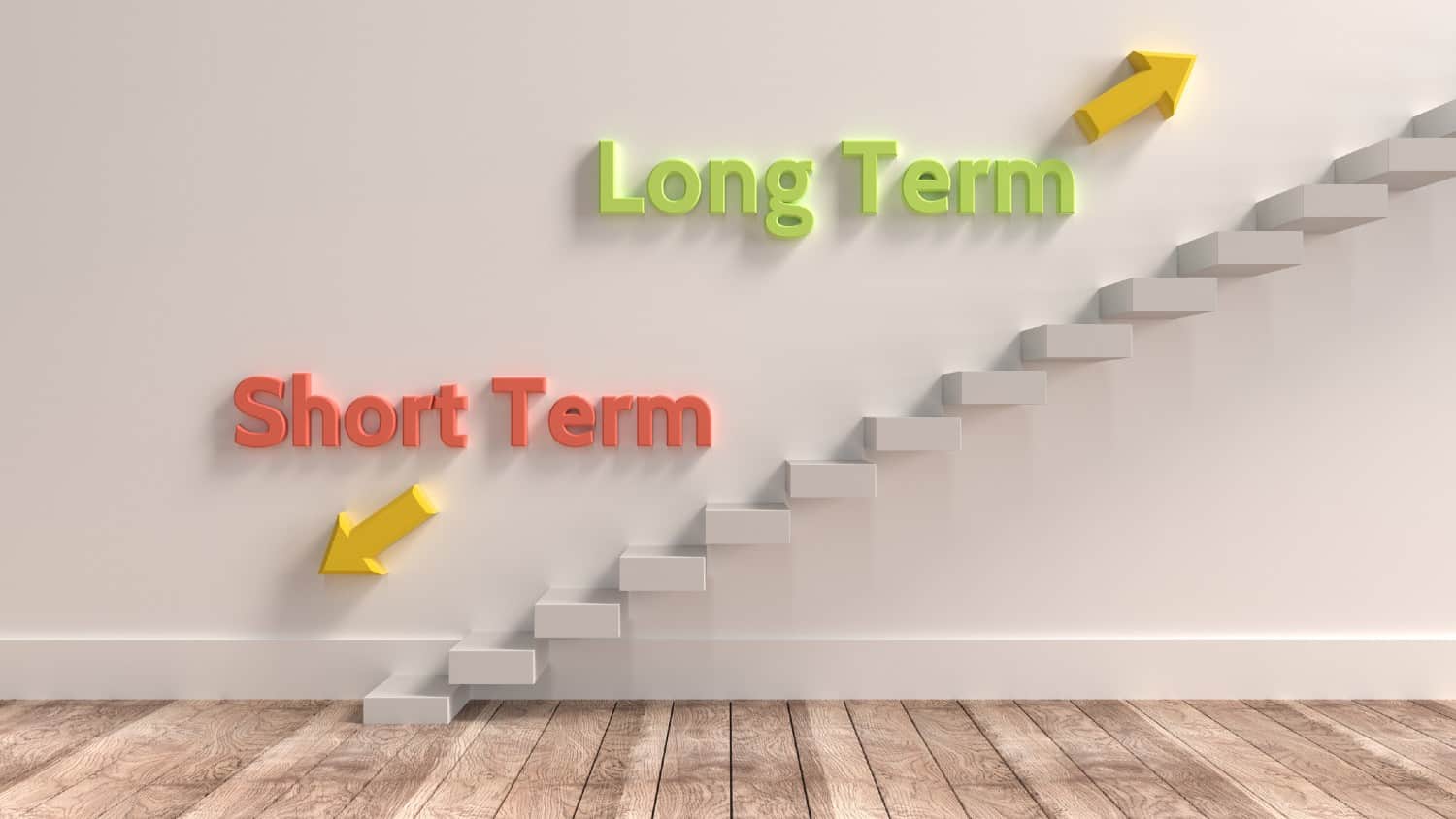FTSE 250 investment manager abrdn (LSE: ABDN) now yields 9.5% — one of the highest payouts in the FTSE indexes.
A major passive income generator
If I invested £10,000 in the stock now, it would make me £950 this year.
If I reinvested the dividends back into abrdn, I would have £25,761 after 10 years, provided the yield averaged the same. This would pay me £2,326 a year in yield, or £194 every month.
Should you invest £1,000 in Abrdn right now?
When investing expert Mark Rogers has a stock tip, it can pay to listen. After all, the flagship Motley Fool Share Advisor newsletter he has run for nearly a decade has provided thousands of paying members with top stock recommendations from the UK and US markets. And right now, Mark thinks there are 6 standout stocks that investors should consider buying. Want to see if Abrdn made the list?
After 30 years of reinvesting dividends averaging 9.5% a year, I would have £170,949. This would earn me £15,434 a year in dividends, or £1,286 every month.
Undervalued against its peers?
Other positives on abrdn have caught my eye too. The key one is the reason behind its 36% price drop at the end of July 2023.
This was the rumour that it was going to be demoted from the top-tier FTSE 100 to the FTSE 250. And so it was, at the end of August 2023.
Demotion to the FTSE 250 automatically resulted in FTSE 100-only tracker funds selling all their abrdn shares.
Given this, I thought then that the stock was probably worth more than its automatically adjusted FTSE 250 price reflected.
I also thought there was every chance that it would automatically adjust back up again if it were promoted.
This had happened before, after abrdn had been demoted in August 2022, and then promoted again in December.
Looking at the numbers now, it still looks undervalued against its peers to me.
On the key price-to-book (P/B) measurement of stock value, it trades at just 0.5 – against a peer group average of 3.4.
This comprises Bridgepoint Group at 2.7, St. James’s Place at 2.8, Legal & General at 2.9, and Hargreaves Lansdown at 5.
How does the business look?
Following its demotion from the FTSE 100, abrdn reorganised its business.
A risk here is that this restructuring fails to deliver over the long term. Another is that it might not be able to attract new net inflows into its funds.
However, cutting 500 jobs helped reduce costs by £150m. Selling off the US and European Private Equity businesses allowed it to focus on three core areas: investments, advisory, and the ii investment platform.
In its 2023 results, these made adjusted operating profits of £50m, £118m, and £114m respectively during the year.
Overall, it made an adjusted operating profit of £249m. This was down from £263m in 2022, due to the upfront costs associated with restructuring.
The purchase of Tekla Capital Management’s healthcare funds also looks promising to me. US healthcare expenditure per capita has grown at a compound annual rate of 6% since the 1980s.
Overall, analysts’ expectations are that abrdn’s earnings will grow 55.8% a year to end-2026 and earnings per share by 54.3% a year to that point.
I have several holdings in FTSE financial sector firms, so buying another would unbalance my portfolio.
If I did not have these, I would seriously consider buying abrdn stock for three key reasons.
First, it has a very high yield. Second, I think its shares will gradually recoup their losses over time. And third, the core business looks set for strong growth to me.








